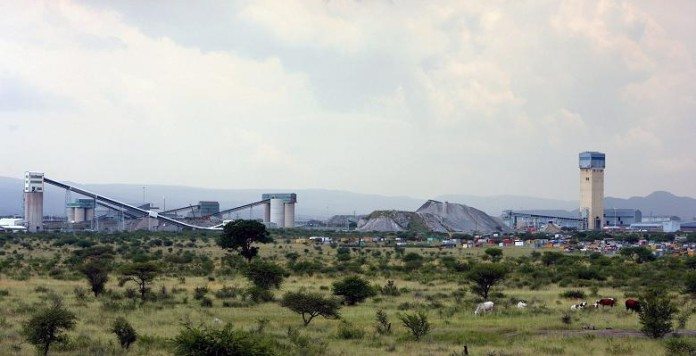
LONMIN and Impala Platinum (Implats) have joined Anglo American Platinum (Amplats) in a signing three-year wage deals with the Association of Mineworkers & Construction Union (AMCU) – an outcome achieved without any strike action.
Lonmin and Implats separately announced new deals which are similar in substance to the agreement signed by Amplats three days ago.
Employees at Implats’ Rustenburg and Marula operations will receive a basic pay lift of R1,000 per month, as well as living out and ownership allowances some R150 higher for each year of the three years in Rustenburg, and by R150/month in the second and third year of the Marula agreement.
“This agreement is good news for all our stakeholders as it provides confidence and a level of comfort that we can better plan for the future sustainability of both the Rustenburg and Marula operations,” said Terence Goodlace, CEO of Implats.
“More specifically, it ensures an element of certainty and security for employees, and specifically those colleagues in the lower pay‐brackets who stand to benefit most from this settlement with a R1,000 increase in basic salary,” he said.
Lonmin’s three-year agreement, effective from July 1, also allows for a basic R1,000 per month increase or 7%, whichever is the greatest. The living out allowance was improved R100 in each year of the agreement.
At the end of this wage agreement, a rock drill operator at Lonmin will earn R12,296 per month basic salary and a guaranteed package of R19,455/month, said Lonmin in a statement.
The impact of the wage agreement for this bargaining unit is an increase of 7.8% in financial year one, 8.0% in financial year two and 7.1% in financial year three or an average of 7.6% over the three-year period, it said.
“We are delighted to have achieved a multi-year agreement,” said Ben Magara, CEO of Lonmin who then called on employees to improve productivity and reduce costs.
Commenting on the Lonmin agreement, Citi analyst Johann Steyn said the net outcome of an average increase of 7.6% a year was “… in line with the 7% to 8% South African wage inflation that we model”. “We view it as a favourable outcome, especially since it was achieved with no labour disruption,” said Steyn.









